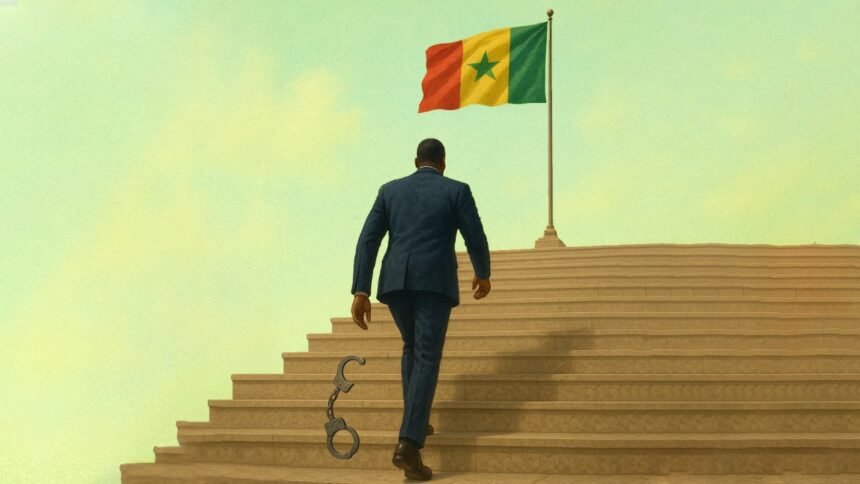Just months ago, Ousmane Sonko was in jail, banned from politics and declared unfit to run for office. Today, he’s Prime Minister of Senegal—a seismic shift that marks a new era for one of West Africa’s most politically stable nations. And he’s not coming quietly.
Sonko’s return to the heart of government was sealed by newly elected President Bassirou Diomaye Faye, a close ally and political soulmate. Their alliance, forged in defiance of the previous government, has shaken the Senegalese establishment and electrified a restless youth population. At just 44, Faye’s decision to hand the keys of the premiership to a man many call a revolutionary has ignited hope, anxiety, and more than a few threats from entrenched interests.
For Sonko’s supporters, this appointment is vindication. A former tax inspector turned anti-corruption crusader, he built a loyal following through fiery speeches, street protests, and unapologetic attacks on Senegal’s elite. His 2021 arrest on dubious charges of rape—and later defamation and incitement—sparked deadly riots that exposed deep cracks in the nation’s political façade. Thousands were arrested, and dozens killed, as young people clashed with police in a battle over dignity, justice, and jobs.
While President Macky Sall and his allies hoped to bury Sonko’s political career under legal rubble, their plan backfired. Instead, his Popular African Patriots (PASTEF) party surged in popularity, riding a wave of youth disillusionment and anti-establishment fervour. When Sall bowed to pressure and chose not to run for a third term, the stage was set for something extraordinary.
Enter Faye—himself freshly released from prison just days before the March 2025 elections. Campaigning on promises of sovereignty, justice reform, and breaking from French influence, Faye won a stunning first-round victory. His swearing-in was historic; his first act as president, appointing Sonko as Prime Minister, was symbolic. Together, they are now the twin engines of Senegal’s radical political experiment.
The appointment was met with celebration in Dakar’s working-class neighbourhoods, where Sonko has long been hailed as a man of the people. Streets erupted in cheers, horns blared, and PASTEF supporters painted the town red—literally. “This is our time,” said 22-year-old Khadim Sow, waving a Senegalese flag outside the prime minister’s office. “No more puppets. No more silence.”
But not everyone is cheering. Western diplomats, particularly in France, are reportedly nervous. Sonko has been openly critical of French economic and military presence in Senegal, calling for the closure of French bases and renegotiation of trade deals. Some fear that his firebrand rhetoric could spook investors and destabilise Senegal’s prized reputation as a West African anchor of calm.
Economic elites in Dakar, too, are wary. Sonko’s economic plan—dubbed “sovereign development”—calls for a stronger role for the state, tighter regulations on foreign firms, and prioritisation of local industries. His critics accuse him of populism. “He speaks to anger, not to policy,” said one business leader who declined to be named. “But running a protest is not the same as running a government.”
Still, Sonko is wasting no time. In his first press conference as Prime Minister, he promised to root out corruption “with the force of a thousand suns” and launch a national youth employment programme within 100 days. He also pledged to audit key institutions, including the oil and gas contracts signed under the previous administration. “This is not revenge,” he said. “This is justice.”
Some in Senegal worry about a concentration of power. With Faye as president and Sonko as premier, PASTEF holds the levers of both executive offices. The National Assembly, which was previously dominated by Sall’s party, is now under pressure to align with the new order. Detractors have accused the pair of harbouring authoritarian tendencies, though both men insist on their commitment to constitutional rule.
Regardless, Sonko’s journey—from cellblock to centre stage—is now a cautionary tale for Africa’s aging strongmen: repression fuels resistance, and underestimating youth can cost you power. In Sonko and Faye, Senegal has bet on change. Whether that bet pays off will depend on their ability to turn street slogans into statecraft. For now, the rebels are in charge. And they’ve got a country to run.










